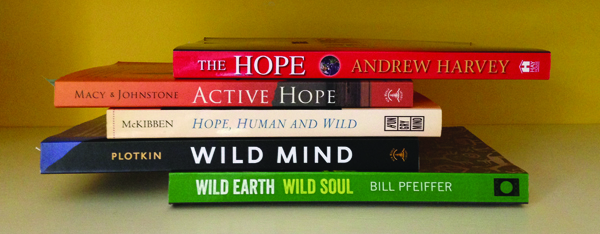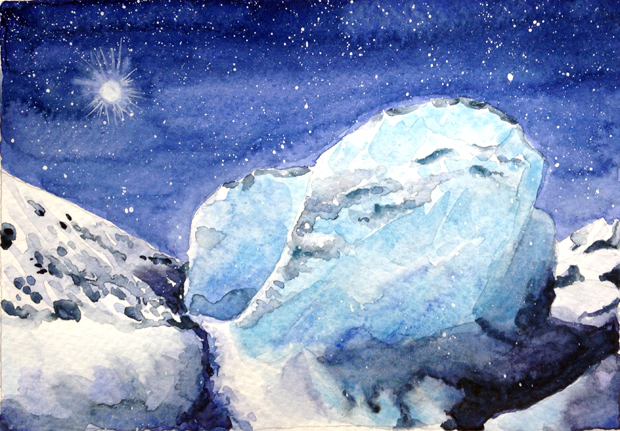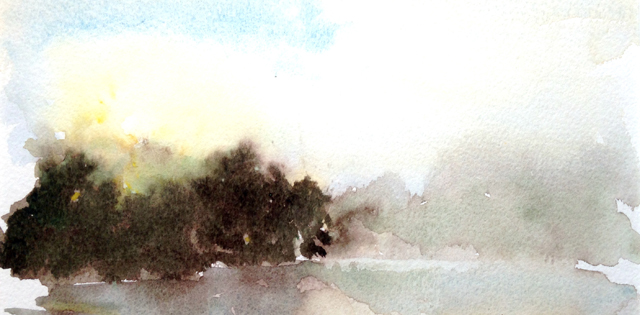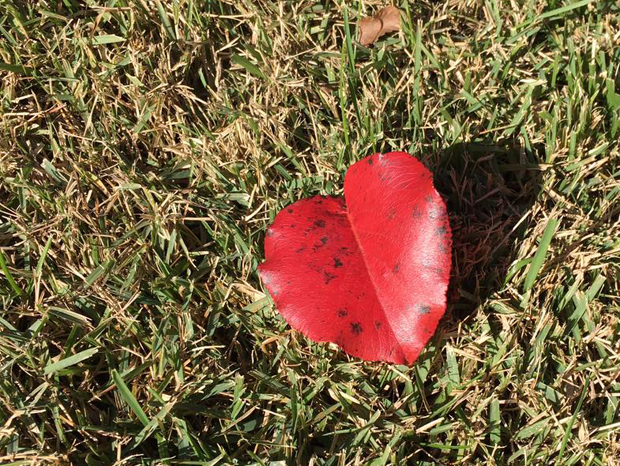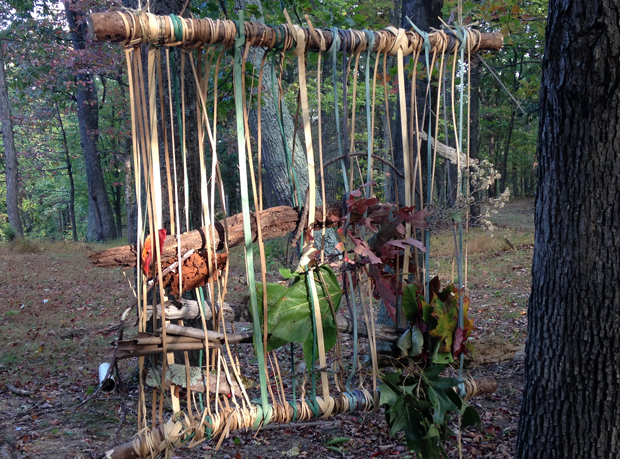From the BBC, 19 December 2016: “Scientists have speculated we could be on the cusp of a polarity reversal, which would see North become South, and South become North.”
In preparation for this eventuality, Rand McNally has announced that world maps will be reprinted so that North America appears to hang upside down, putting Florida on top for a change. California will be on the East Coast and New York on the West Coast. Not that it matters much, since both are bastions of the Liberal Elite. Naturally, the Midwest will remain Mid. After years of debate, it will not be renamed the Mideast.
The Southwest will become the Northeast, and Northeast become Southwest. No one will know where to go for leaf gazing in the fall, causing hundreds of B&Bs and New England country inns to close. Likewise, Santa Fe’s shamanic energy vortex will be relocated from the spa lobby of the Rancho Encantado to the Caterpiller Visitor’s Center in Peoria, Illinois. The Visitor’s Center’s top recommendation on Trip Advisor will change from “Fun place to kill an afternoon!” to “I felt so good here; I don’t know why.” Continue reading


